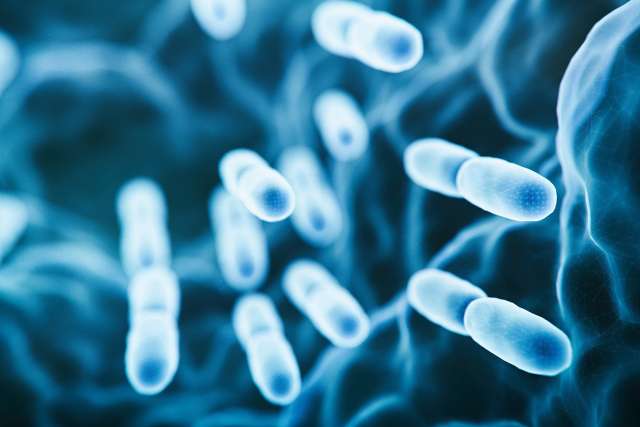Goodman-Luskin Microbiome Center
Registration open and call for abstracts
This annual event serves as a hub for innovative, translational, and interdisciplinary research, bringing together experts focused on the study of diverse microbial communities across many environments and ecosystems ranging from the human body to oceans, and engineered environments.
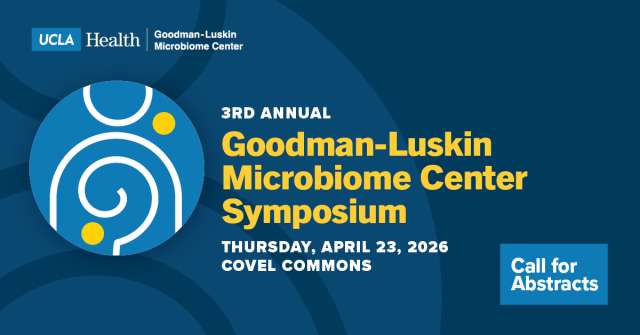
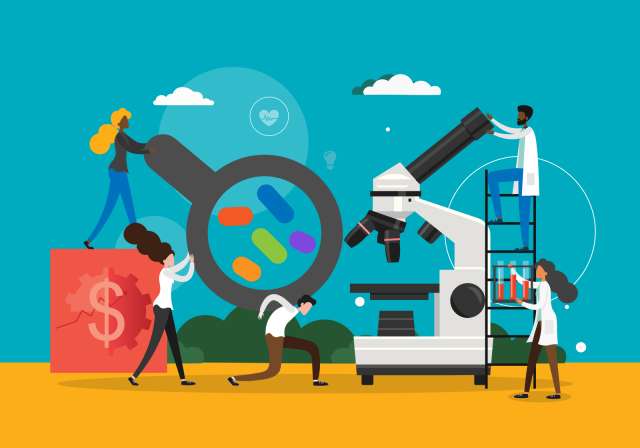
Pilot and Feasibility Core Voucher Program awardees
Congratulations to the recent Pilot and Feasibility Core Voucher Program recipients. Drs. Tejas Bouklas, Elaine Y. Hsiao, and Antonio Tinoco Valencia received funding to support their innovative microbiome research proposals involving services from a center core facility.
Center members ranked among the world's most influential researchers
The annual Highly Cited Researchers list identified five center members whose work has been cited most often in papers published by other researchers in their fields over the past 11 years. Congratulations to Drs. Elaine Hsiao, Yu Huang, Aldons Lusis, Aydogan Ozcan, and Beate Ritz.
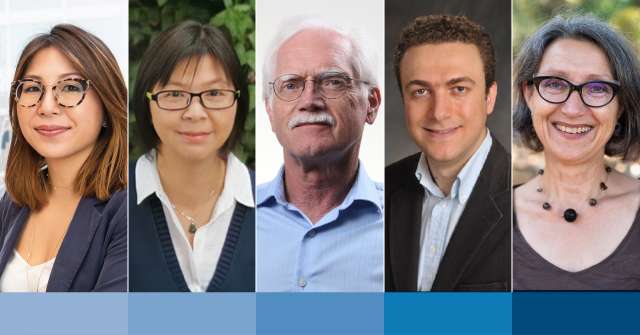
Latest news

How the gut microbiome influences estrogen after menopause
Dr. David Meriwether discusses how gut microbes may contribute to circulating estrogen levels even after menopause, why menopausal symptoms vary so widely among women, and how changes in the microbiome may create feedback loops that influence symptom severity.

Quality of relationships may be just as important to physical health as traditional risk factors like exercise and diet
Strong social relationships, particularly high-quality marriages, may help protect against obesity by influencing a complex communication system between the brain and gut, according to new research lead by Dr. Arpana Church.
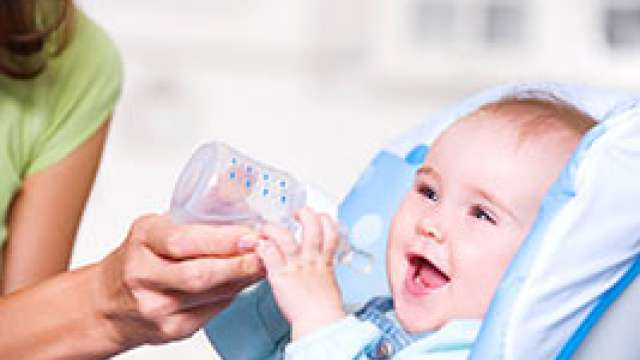
Babies’ gut bacteria may influence future emotional health
A child’s early gut microbiome may influence their risk of developing depression, anxiety or other internalizing symptoms in middle childhood, according to a new UCLA Health study led by Dr. Bridget Callaghan. The effect appears to be related to the way bacteria are linked to communication across emotion-related brain networks.
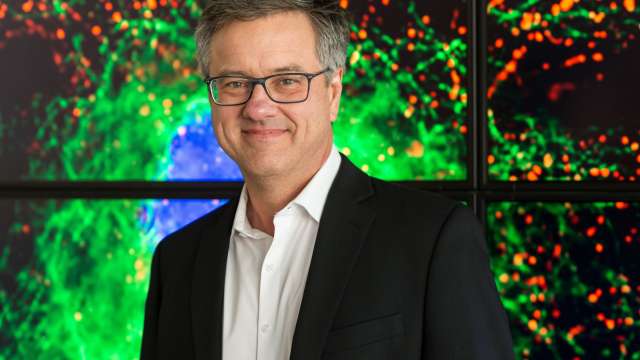
Sped-up evolution may help bacteria take hold in gut microbiome
UCLA-led research team finds a genetic mechanism inserts mutations into key DNA hotspots that enable bacteria to adapt to new environments.

How stress and social struggles fuel America’s obesity crisis
A new scientific review, led by Dr. Arpana Church, reveals how the brain-gut microbiome acts as a bridge between a person’s environmental influences and their risk of obesity through the production of various signaling molecules including appetite-stimulating hormones, inflammatory markers and neuroactive metabolites. These chemical changes, in turn, affect what a person decides to eat, how often they eat, the quantity of food they eat, what types of food they crave, metabolic function and exercise habits.

Kids with autism show altered gut microbiome-brain interactions
A collaborative study by scientists from UCLA and USC may have unlocked new information about autism spectrum disorder (ASD) and the gut microbiome. Changes in the relative amounts of such metabolites may interfere with the signaling between the gut and brain, influencing emotions and associated behaviors. Emeran A. Mayer, MD, contributed to the study along with co-senior author Jennifer S. Labus, PhD.
